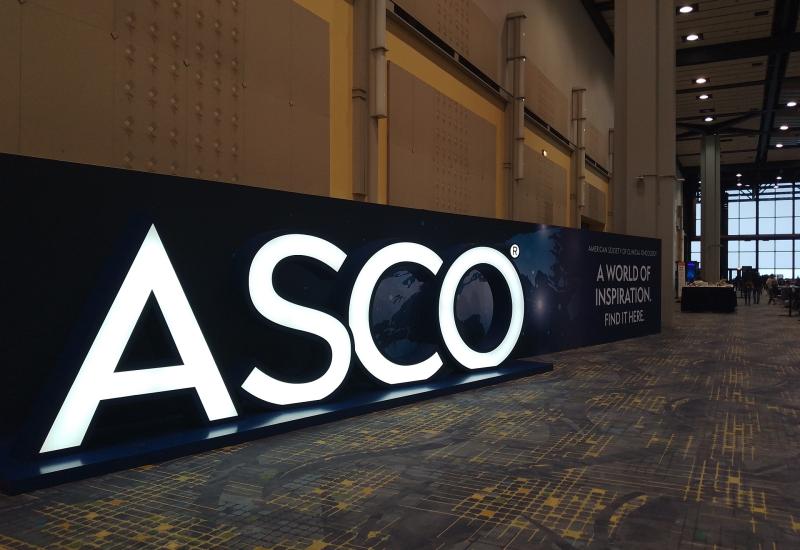
Questions mount for Eisai's Elahere wannabe

When Bristol Myers Squibb last year gave up on Eisai's folate receptor alpha (FRα)-targeting ADC farletuzumab ecteribulin the Japanese group shrugged off the decision as “portfolio prioritisation” on the part of its partner. However, matters appear to be rather more serious, judging by clinical data with this project that have quietly emerged on the clinicaltrials.gov registry. These reveal an underwhelming 10% response rate in a lung cancer study, and progression-free survival that was shorter than for chemo control in a second trial, in ovarian cancer. Such numbers are underwhelming enough by themselves, but they also come at a time when the leading rival anti-FRα ADC, Genmab's ProfoundBio-originated rinatabart sesutecan, has scored a 56% ORR in ovarian cancer. Even AbbVie's less impressive marketed drug Elahere boasts 32% on its US label. It might thus come as a surprise that farletu-E remains listed as an active project in Eisai's R&D pipeline; the project is based on a MAb that failed in its own right, and uses the microtubule inhibitor Halaven as its payload – attributes that, along with its revealed lack of efficacy, don't raise great hopes of success.
Recently revealed clinical data for farletuzumab ecteribulin
| Trial | Setting | Efficacy | Toxicity |
|---|---|---|---|
| Ph2, vs chemo | Pt-resistant ovarian cancer | Median PFS 4.01mth vs 4.40mth; ORR 20.0% vs 13.9% | Serious adverse events 27.1% (19/70), vs 29.4% (10/34) |
| Ph2, uncontrolled | Pretreated NSCLC | Median PFS 3.52mth; ORR 9.7% | Serious adverse events 22.6% (7/31) |
Source: clinicaltrials.gov.
1277













